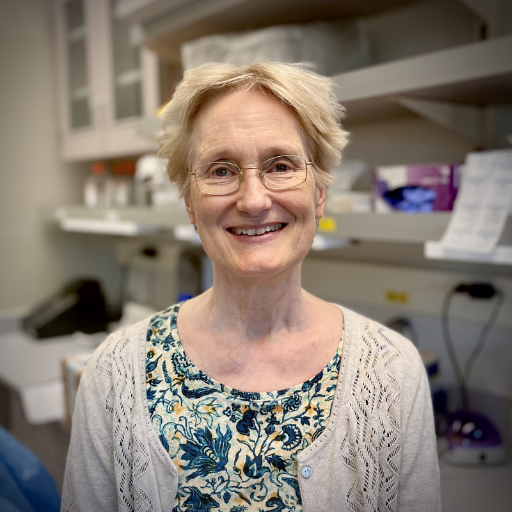
Katrin
Andreasson
MD
Location
Stanford, CA, USA
Current Organization
Stanford University
Biography
Katrin Andreasson is professor in the Department of Neurology and Neurological Sciences at Stanford University School of Medicine and is a physician-scientist with a longstanding commitment to understanding preclinical mechanisms leading to development of Alzheimer’s disease (AD). Dr. Andreasson cares for patients with dementia in the Stanford Memory Disorders Clinic, and carries out basic preclinical research in mouse models of neurodegeneration. A principal focus of Dr. Andreasson’s research has been the investigation of cellular and molecular mechanisms of brain injury mediated by cyclooxygenase and its downstream prostaglandin receptor pathways. The COX/PGE2 pathway has been implicated in brain injury in a broad spectrum of neurological diseases, including AD, where epidemiologic studies indicate a preventive effect of NSAIDs in cognitively normal aging human populations. Dr. Andreasson’s laboratory has identified harmful PGE2 receptors that contribute to AD-like pathology in AD model mice, and these findings are helping to drive efforts to develop antagonists to PGE2 receptors for prevention of AD. More recently, experiments modeling the preventive effects of NSAIDs in AD model mice have led to the hypothesis that increased tryptophan metabolism may contribute to early neuronal and later inflammatory pathology in AD.
Grants
Alzheimer's Disease Research
The Role of the Immune System in Driving Cognitive Decline
Active Dates
July 01, 2024 - June 30, 2026

Principal Investigator
Hannah Ennerfelt, PhD
Current Organization
Stanford University
Alzheimer's Disease Research
Inhibiting Tryptophan Metabolism in Alzheimer’s Disease
Active Dates
July 01, 2014 - June 30, 2017

Principal Investigator
Katrin Andreasson, MD
Current Organization
Stanford University



